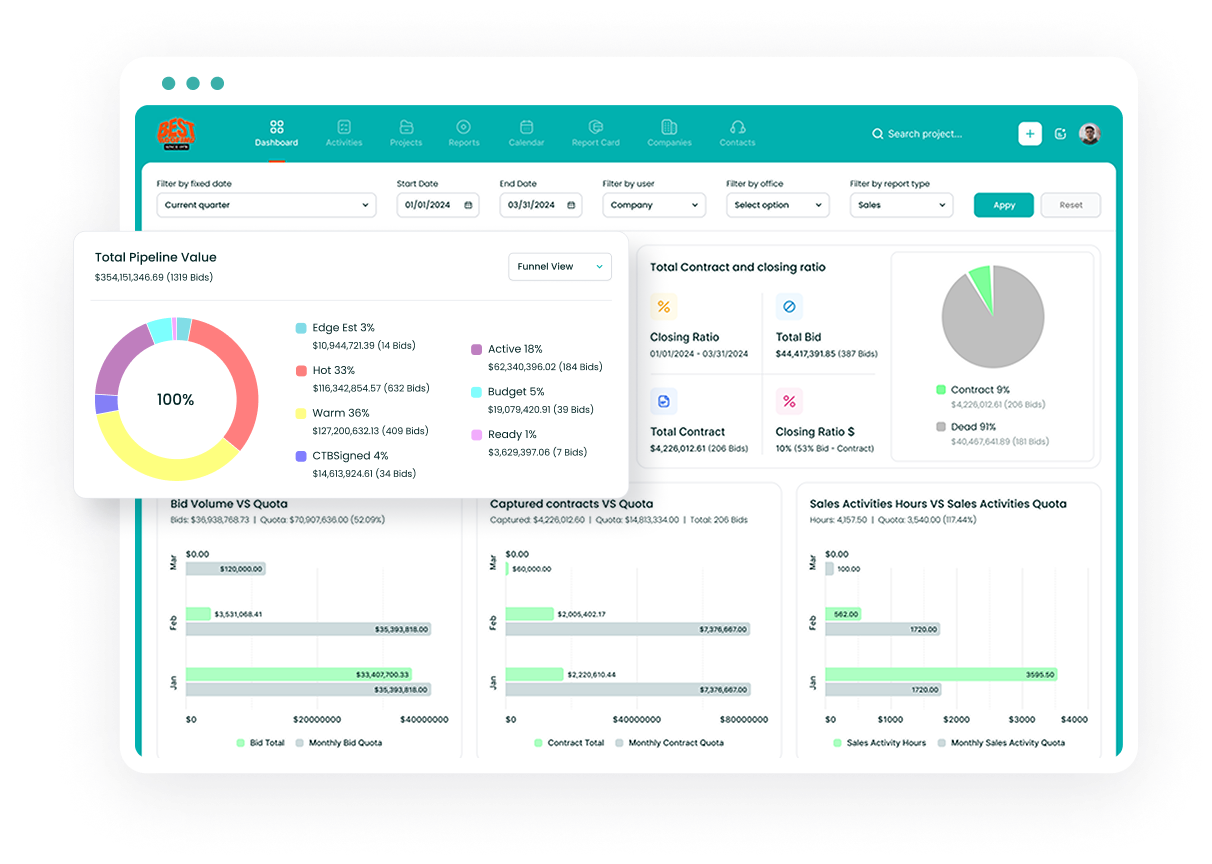Understanding Time Card Import Requirements
Before beginning the import process, you need to ensure several key elements are in place. The system requires proper configuration of employee IDs, time entry views, and specific file formats for successful imports.
Integration Options
InStaff Time Tracking Integration
InStaff provides a seamless integration solution that connects directly with Sage 300. The setup process involves:
Portal Creation and Configuration
- A dedicated portal is established for your organization
- Time tracking systems are configured based on your specific needs
- User roles and permissions are defined
- Approval workflows are established
Integration Components The system consists of two main components:
- Time Card Importer Program: Transfers time tracking data into Sage 300 ERP
- Employee Updater Program: Synchronizes employee data between InStaff and Sage 300
Direct Import Process
Setting Up Time Entry Views
Before importing time cards, you must configure a time entry view in the Payroll module:
- Navigate to Payroll → Tools → Customize Time Entry Views
- Configure the view parameters according to your organization's requirements
- Save the view for future use
File Requirements
The import process accepts specific file formats and data structures:
Required Fields Mapping
|
Source Field
|
Sage 300 Field
|
|
Project
|
Job
|
|
Worker
|
Employee
|
|
Pay Rate
|
JC Cost Code
|
|
Cost Code
|
JC Cost Code
|
|
Regular Time
|
Units
|
Step-by-Step Import Process
Importing Time Cards
- Access Sage 300 and navigate to Applications
- Select Payroll from the available options
- Click on Tools
- Choose Import Time
Configuration Settings
In the import window, configure the following:
File Selection
- Click "List" in the Import file field
- Select your time card data file
- Specify an error file location for tracking import issues
Period Settings
- Set the Period begin date
- Set the Period end date
- Select the appropriate time entry view
Validation and Error Handling
Testing the Import
After completing the initial setup:
Verification Steps
- Create test scenarios with sample time entries
- Validate data accuracy in Sage 300
- Check for proper field mapping
- Verify calculations and totals
Error Management
When errors occur during import:
Resolution Process
- Review the error file generated during import
- Address any rejected records
- Make necessary corrections to the source data
- Re-import corrected records
Best Practices
Data Preparation
To ensure smooth imports:
Quality Control
- Verify all required fields are populated
- Ensure employee IDs match between systems
- Validate cost codes before import
- Review date formats for consistency
System Maintenance
Regular maintenance ensures optimal performance:
Ongoing Tasks
- Clean up old import files
- Archive processed time cards
- Update employee information regularly
- Monitor system performance
Employee Training and Support
Training Requirements
Successful implementation requires:
Knowledge Transfer
- Comprehensive system training for administrators
- Documentation of import procedures
- Regular updates on system changes
- Support resources for troubleshooting
Advanced Features
Automation Capabilities
The system offers several automation options:
Automated Processes
- Scheduled imports
- Data synchronization
- Error notification
- Report generation
Custom Integration Options
For organizations with specific needs:
Customization Possibilities
- Custom field mapping
- Specialized import rules
- Integration with other modules
- Workflow automation
Troubleshooting Common Issues
Import Failures
Common issues and solutions:
Resolution Steps
- Verify file format compatibility
- Check for duplicate entries
- Validate employee information
- Confirm date range accuracy
Data Integrity
Maintaining data quality:
Quality Assurance
- Regular data audits
- Validation checks
- Error logging
- System backups
Security Considerations
Access Control
Maintaining secure operations:
Security Measures
- User permission management
- Audit trail maintenance
- Data encryption
- Secure file transfer
Future Considerations
System Updates
Preparing for growth:
Planning Ahead
- Regular system updates
- Feature enhancements
- Performance optimization
- Scalability planning
Conclusion
Successful time card importing into Sage 300 requires careful attention to detail and proper system configuration. By following these guidelines and best practices, organizations can establish an efficient and reliable time card import process that supports their payroll and time tracking needs.
Remember that regular maintenance, proper training, and consistent monitoring are key to maintaining a smooth operation. As your organization grows, the system can be adapted and scaled to meet changing requirements while maintaining data integrity and processing efficiency.
Sources: [1] https://instaff.org/blog/getting-started-with-sage-300-time-tracking-a-step-by-step-guide/ [2] https://en-gb.support.procore.com/products/online/user-guide/company-level/timesheets/tutorials/export-timesheet-data-from-procore-into-sage-300-cre [3] https://knowledge.corfix.com/articles/how-to-import-into-sage-300 [4] https://help.sage300.com/en-us/2024/classic/Subsystems/CP/Content/Payroll/AboutImportingTimecards.htm [5] https://ie-kb.sage.com/portal/app/portlets/results/botviewsolution.jsp?hypermediatext=null&solutionid=200427112402370

